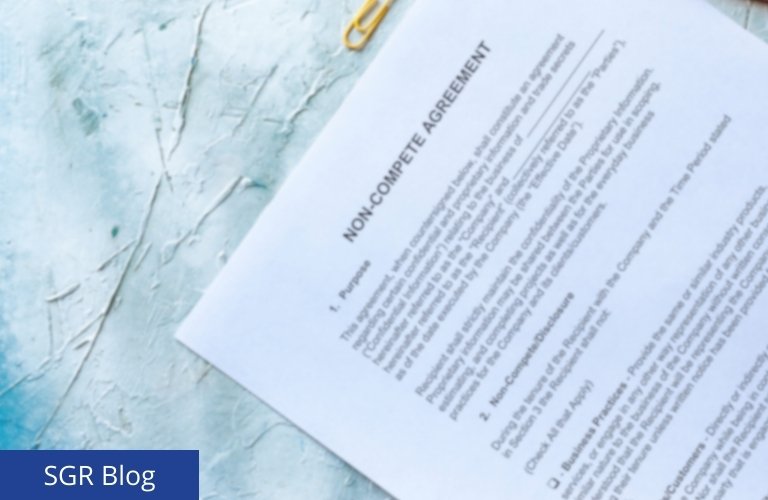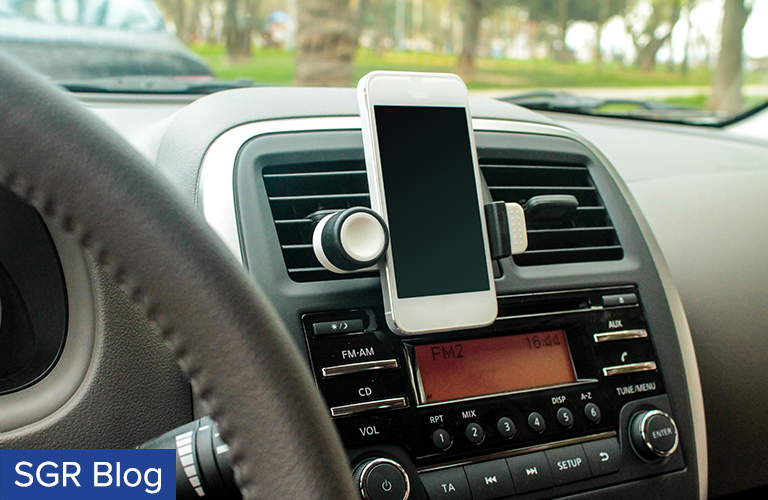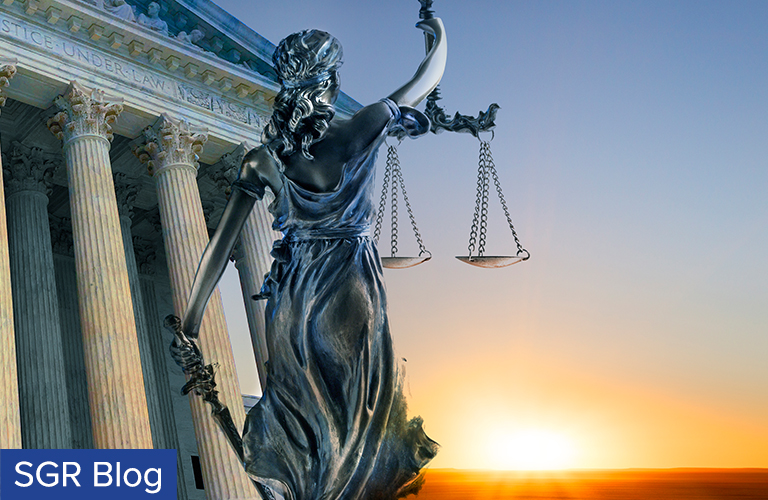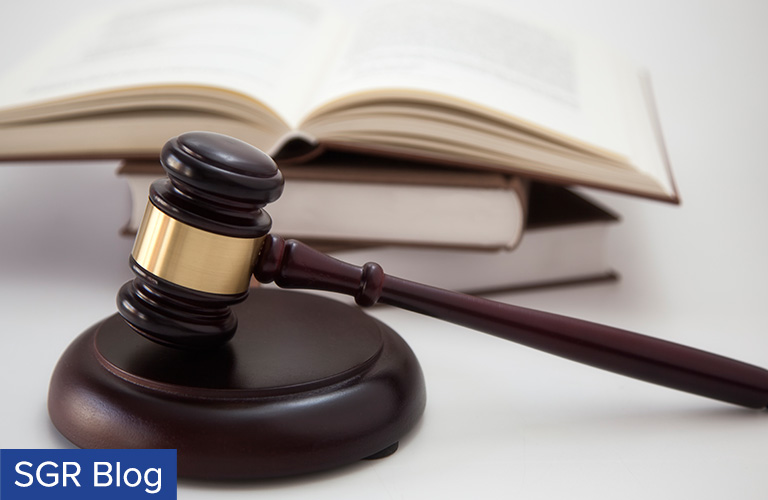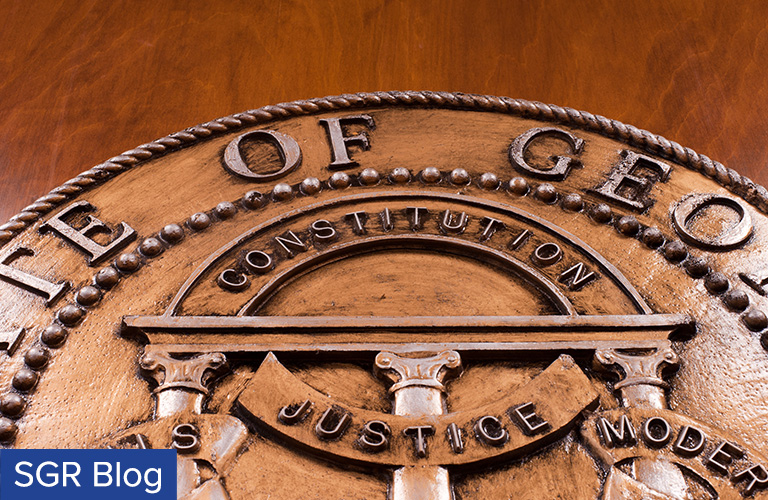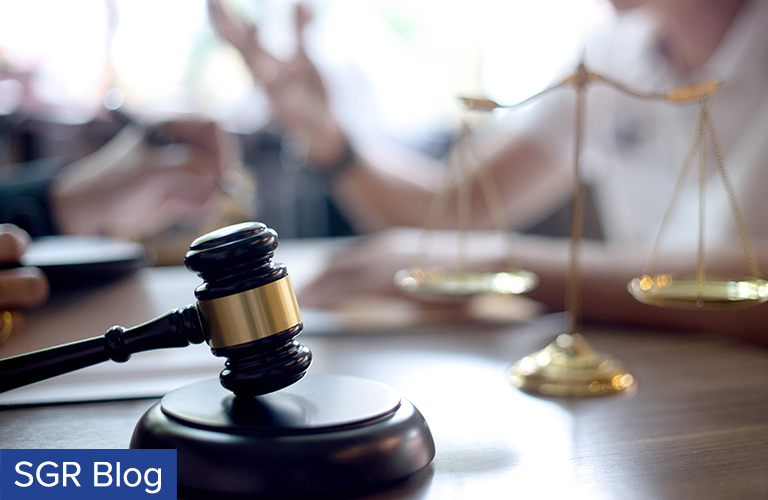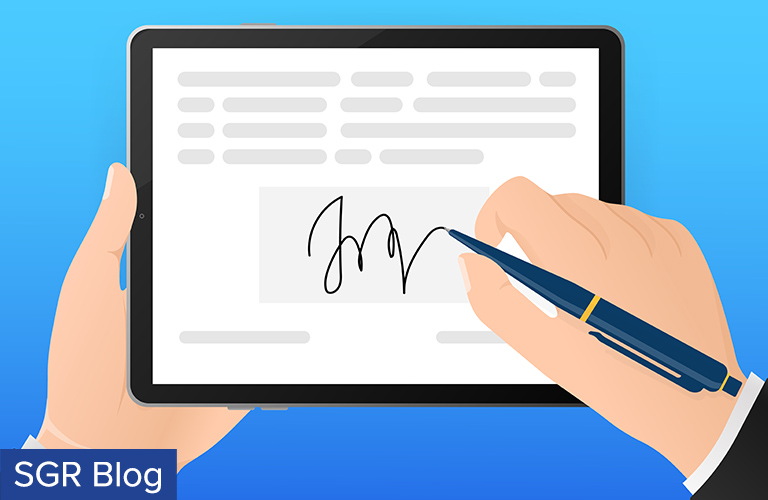
In a lawsuit between parties located in different states, a plaintiff sometimes try to keep the case in the state court by being cagey about defining their damages to prevent the defendant from removing the case to federal court. Unless the defendant can show that the “amount in controversy” is at least $75,000, that defendant cannot invoke federal court jurisdiction where the parties have diverse citizenship. In Wal-Mart Stores East, LP v. Howell, Case No. A23A1198 (decided March 12, 2024), the Georgia Court of Appeals wrestled with a case where the plaintiff successfully stayed out of federal court despite recovering… Read more


